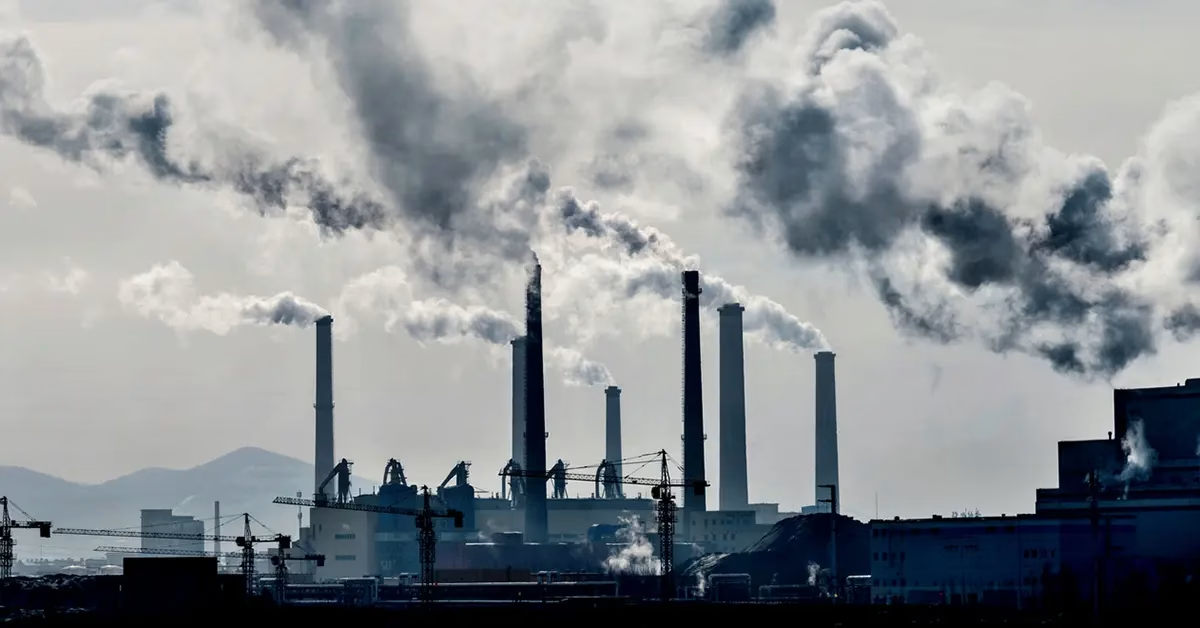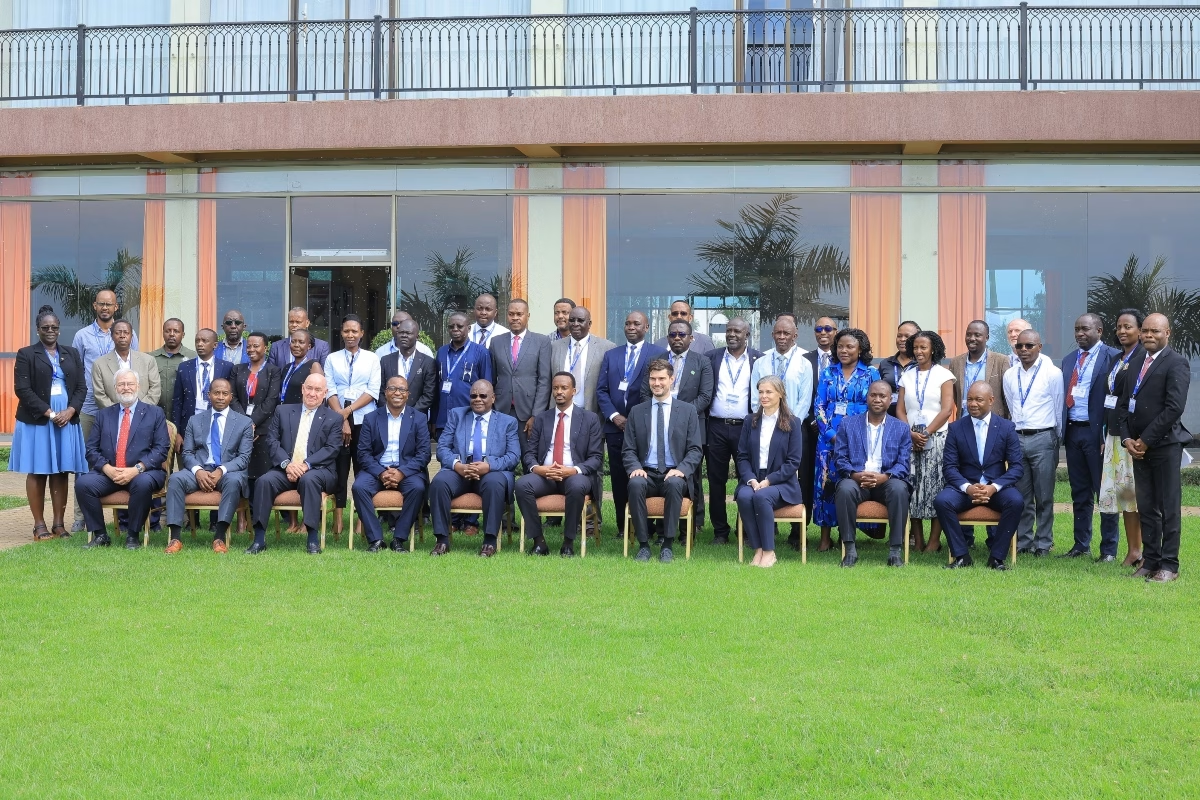By Joseph Nganga and Daniel M Kammen
Africa’s carbon markets are poised to transform not only the continent’s future, but the global fight against climate change. Yet, as leaders gather for the Africa Climate Summit 2 (ACS2), Africa’s achievements and leadership in this arena are too often treated as an afterthought. That attitude isn’t just unfair — it is a costly strategic mistake for a continent that is home to 12 of the 20 fastest growing economies on the planet. Africa is home to 17% of the world’s forests, 60% of uncultivated arable land, and immense renewable energy potential and the bulk of key critical materials. If harnessed and enabled through well-designed carbon markets, these resources could deliver gigaton-scale emissions reductions, while simultaneously channeling billions of dollars into rural economies, strengthening biodiversity, empowering women, and boosting food security. The world ignores this opportunity at its own peril.
Africa Is Already Leading
In just the last three years, the continent has demonstrated remarkable climate innovation. Nigeria issued Africa’s first sovereign carbon credit, setting a precedent for climate finance across the region. Kenya introduced one of the world’s most progressive frameworks for carbon rights and equitable revenue sharing, ensuring that local communities are true stakeholders in the process. Gabon safeguarded more than 88 percent of its forest cover under a rigorous carbon strategy, proving that large-scale conservation is within reach. Ghana and Mozambique piloted jurisdictional REDD+ projects with international buyers, advancing scalable models for forest carbon finance. And through the Africa Carbon Markets Initiative (ACMI), which we helped establish, the continent has set a bold 2030 target of issuing 300 million high-integrity credits annually — unlocking an estimated six billion dollars in revenue and creating 30 million jobs.
Funders are responding to Africa’s momentum. In Kenya, Verst Carbon, working with the Ministry of Environment and Germany’s GIZ, is building one of Africa’s first national carbon registries. West African reforestation initiatives have restored tens of thousands of hectares, generating internationally traded credits. In Southern Africa, clean cooking programs have cut millions of tons of emissions and improved health for women and children.
African Credits Deliver More Per Dollar
Too often, critics from wealthy nations dismiss carbon credits as mere “licenses to pollute.” This narrative both oversimplifies and underestimates African climate action. High-integrity African credits typically cost $10–$20 per ton — a fraction of the $100+ per ton seen for some Scope 3 emissions reductions in advanced economies. These credits offer far more than cost savings, including:
- Mangroves defend coastlines from erosion and storms while sequestering carbon.
- Agroforestry strengthens climate resilience and food security.
- Microgrids and clean cooking initiatives improve public health as they cut emissions.
- Investments in revenue-generating community-based conservation of critical ecosystems and species.
Every credit purchased in Africa both removes carbon and directly invests in the world’s poorest communities — those least responsible for climate change, and most vulnerable to its impacts.
The ACS2 Moment: Scaling Demand
The greatest challenge now is scaling demand. Without strong, reliable buyers, Africa’s surge of climate innovation risks stalling. At ACS2, leaders must push for structural pathways:
- An Africa Window in CORSIA and IMO: Mandate or reward a share of aviation and shipping credits from robust African projects.
- EU Article 6 Offtakes: Multi-year agreements by EU member states to buy African credits with corresponding adjustments.
- Voluntary Market Revitalization: Corporate forward offtakes and price floors, backed by development finance institutions and philanthropies, to make African credits a reputationally safe, high-impact supply for global buyers.
These are not shortcuts for polluters. They are essential, cost-effective tools for a just transition, complementing deep decarbonization.
From Islands of Success to Systems of Change
Networks like the Africa Climate and Energy Nexus (AfCEN) are building continental collaboration, bringing together governments, innovators, coalitions like ACMI, and funders. Our approach ensures that investment in one country strengthens carbon markets across Africa, moving from isolated wins to systemic change.
A Call to Action
Global markets face a choice. They can continue to overlook Africa, perpetuating injustice and inefficiency. Or they can capitalize some of the best climate and development returns available. Africa is ready and ambitious. It is up to the rest of the world to match that ambition — and to benefit from it.
Conclusion: The World Must Recognize Africa’s Value
If the world is serious about climate goals and a truly just transition, it cannot afford to treat Africa’s role as secondary. Africa’s carbon markets offer more than emissions reductions — they present a model for climate action that delivers for communities, economies, and the planet. The world should notice, invest, and collaborate, for Africa is ready to lead. Will it be joined?
Joseph N’ganga is the CEO and Founder of the Africa Climate and Energy Nexus (AfCEN), an Africa-led platform driving climate-positive growth. He served as CEO of the inaugural Africa Climate Summit in 2023, positioning Africa as a global solutions hub in the climate discourse.
Daniel M Kammen is the Bloomberg Distinguished Professor of Energy and Climate Justice at Johns Hopkins University. He served as Science Envoy in the Obama Administration and is a member of the U. S. National Academy of Science.










